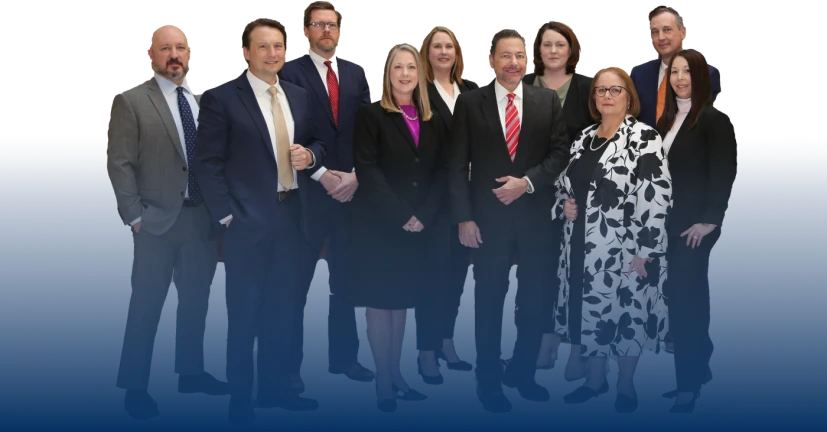DeMayo Law Offices have provided you with a legal dictionary so that you can better understand some of the legal vocabulary used throughout our website and during your personal injury claim.
Contact DeMayo Law Offices to schedule a free initial consultation.
A – B – C – D – E – F – G – H – I – J – K – L – M – N – O – P – Q – R
S – T – U – V – W – X – Y – Z
Employee – A person whose work activities are under the control of an individual or entity.
Employer – The person or entity that has control over your work activities.
Ergonomics – The study of how to improve the fit between the physical demands of the workplace and the employees who perform the work. Selecting, designing, and modifying equipment, tools, and the work environment are all considered.
Error – In the legal sense, a mistaken interpretation of facts or application of the law that can prove grounds for an appeal.
Escheat – The process by which a deceased person’s property goes to the state if no heir can be found.
Estoppel – A person’s own act, or acceptance of facts, which preclude his or her later making claims to the contrary.
Evidence – Proof of a probative matter presented at trial for the purpose of inducing belief in the minds of the jury or judge. Evidence comes in a variety of forms, including testimony, writings, tangible objects, and exhibits.
Exemplary Damages or Punitive Damages – Compensation, greater than is necessary, to pay a plaintiff for a loss. These damages are awarded because the loss was aggravated by violence, oppression, malice, fraud or wanton, and wicked conduct on the part of the defendant. Such damages are intended to punish the defendant for his evil behavior or make an example of him or her.
Exhibit – A document or other item introduced as evidence during a trial or hearing.
Expert – A witness who may give an opinion in court based on the particular competence of that witness.
A – B – C – D – E – F – G – H – I – J – K – L – M – N – O – P – Q – R
S – T – U – V – W – X – Y – Z


